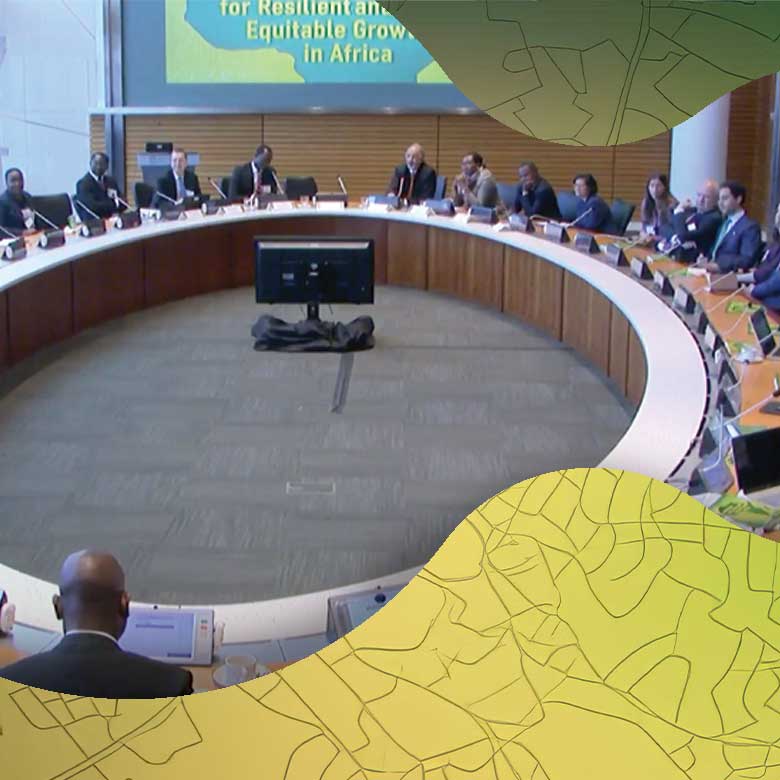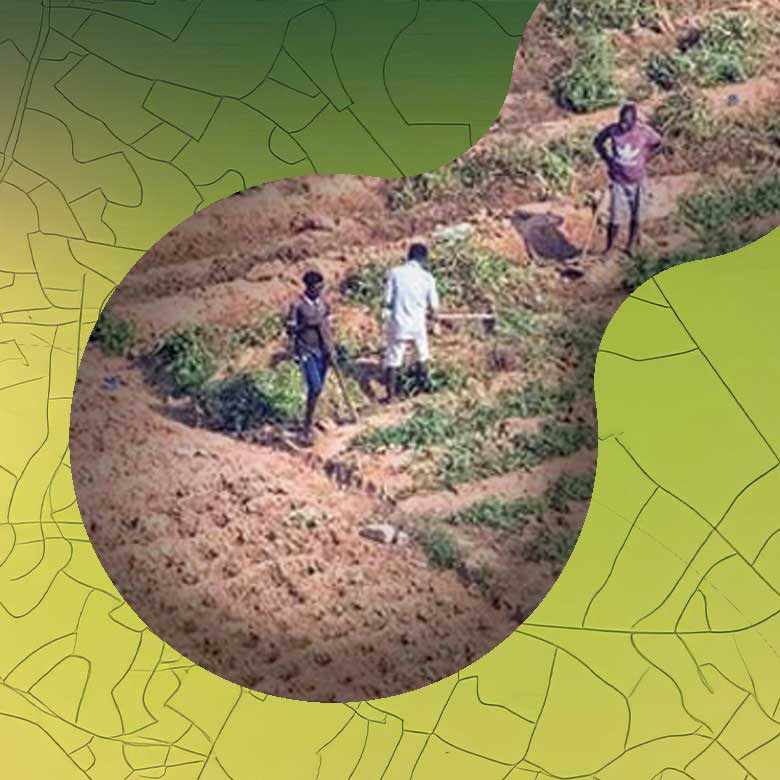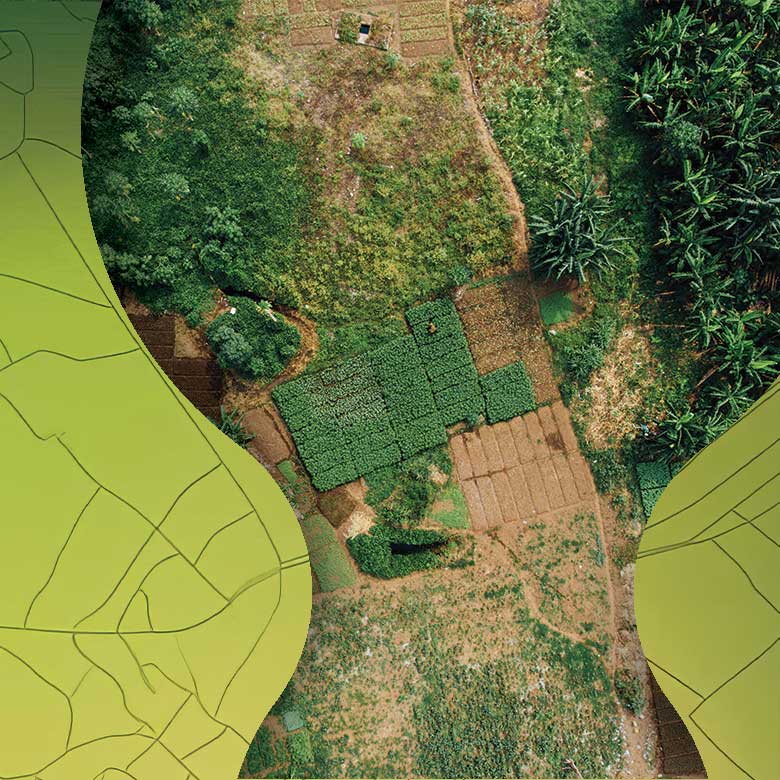Land is one of Africa’s main resources. Enabling private owners, men, women, or groups, to invest in and use it effectively for productive purposes, human settlement, or environmental conservation and allowing it to be leveraged as collateral to develop domestic capital markets will be a key lever of economic and social development. Ensuring that public land is managed transparently for long-term benefit and that public infrastructure is planned well in advance to guide private development and providing local governments with the means to benefit from land appreciation caused by such development through property taxes are equally important.
Yet, data from a wide range of sources show that many African countries fail to capitalize on these opportunities. Accessing land institutions is difficult and costly, undermining trust in their reliability and impartiality. Lack of documented rights, even if only for land use, impedes structural transformation by making land rental and insurance difficult, impedes women’s ability to enforce their rights, and leads to a proliferation of conflict. Tax rolls are incomplete and collection minimal. Expansion of cultivated area is often on public land, associated with a loss of biodiversity, elevated risk of crop failure, and in ways that benefit influential individuals rather than the public at large.
The good news is that it is possible to address these issues by adjusting regulations and improving the performance of land institutions.




